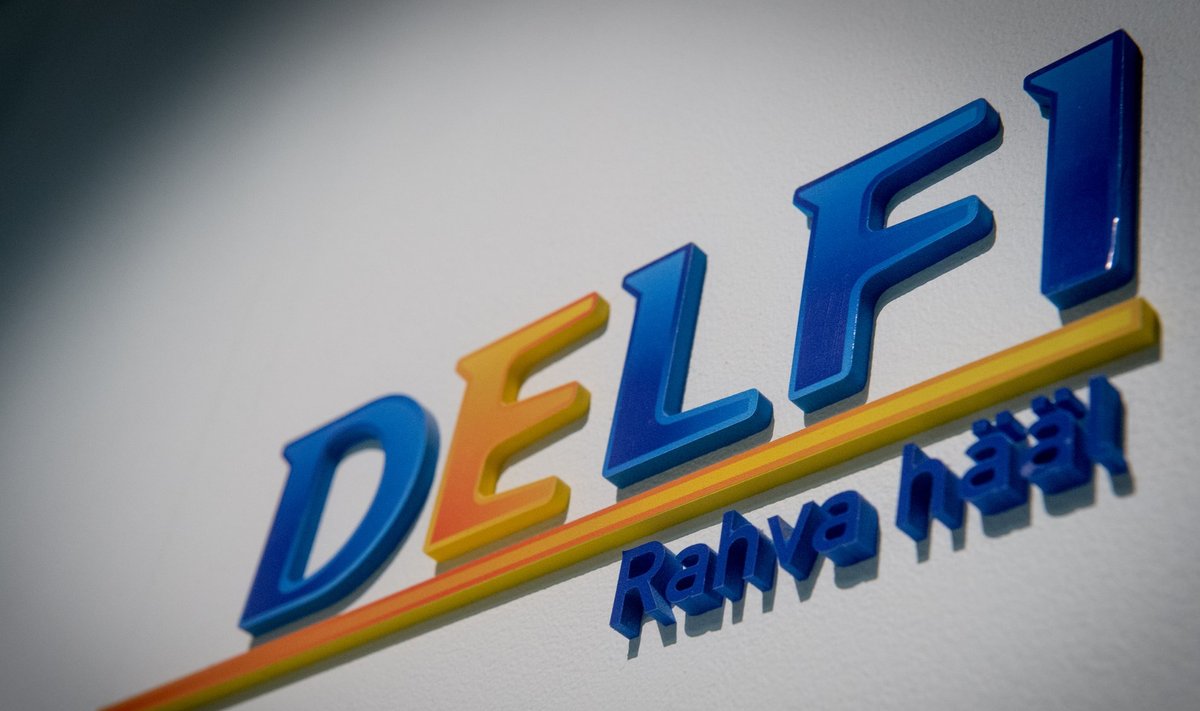ECHR To Rule On Major Internet Freedom Case Involving Delfi

The road that led to the highest court instance in Europe started in 2006, when Vyacheslav Leedo was dissatisfied with some user generated comments that followed the article “The SLK broke a planned ice road” ("SLK lõhkus plaanitava jäätrassi"). Even though Delfi took down the comments as soon as they were made aware of Mr Leedo’s dissatisfaction, several courts ruled in favour of Mr Leedo, among them also ECHR with a decision in 2013. However the Grand Chamber of the ECHR, which is the highest court instance for the members of the Council of Europe, decided last year to take up the case and analyse it one more time.
According to Karmen Turk, an advocate representing Delfi at ECHR, the case represents the most famous dispute on freedom of expression that the court has heard over past several years. Ms Turk added that the previous decision of ECHR was most recently criticized by David Kaye, the UN Special Rapporteur on the promotion and protection of the right to freedom of opinion and expression, who cautioned governments to avoid practices that would cause damage to online anonymity or lead internet companies to blocking user generated content.
"Large scale internet companies are waiting for the decision, because it represents a clear danger to their business model (for example, YouTube or blogging sites). However, there is more at stake here – the reality we live in today, where we consume information that is not always checked by the “big brother” and where everyone can express their opinion or exhibit their creations,” said Ms Turk.
According to Urmo Soonvald, the editor-in-chief of Delfi and Eesti Päevaleht, tomorrow’s ruling is long awaited not only by Delfi, but also by those who support freedom of speech and thought in Latvia, Lithuania, United Kingdom, Armenia, and in dozens of other countries. “In these countries it is understood that freedom of speech cannot be limited in 2015, because it would be a major setback for democracy and an open society, and could hinder steps towards freedom currently being made in developing countries. It would be strange for me to explain to colleagues abroad that we are the country that prides itself for IT and e-values, but at the same time this is where limiting freedom of speech in the internet started,” said Mr Soonvald.
Over 70 umbrella organisations that fight for media and internet freedom, such as Reuters, Forbes, Google, News Corp, etc., have sent letters in support of Delfi and freedom of speech to the Grand Chamber of the European Court of Human Rights.
In addition to Karmen Turk, Delfi was represented in Strasbourg by Villy Otsmann from the law office TRINITI.
The public announcement of the judgement will be made at the court hearing that is scheduled to start in Strasbourg tomorrow, on the 16th of June, at 14.30.